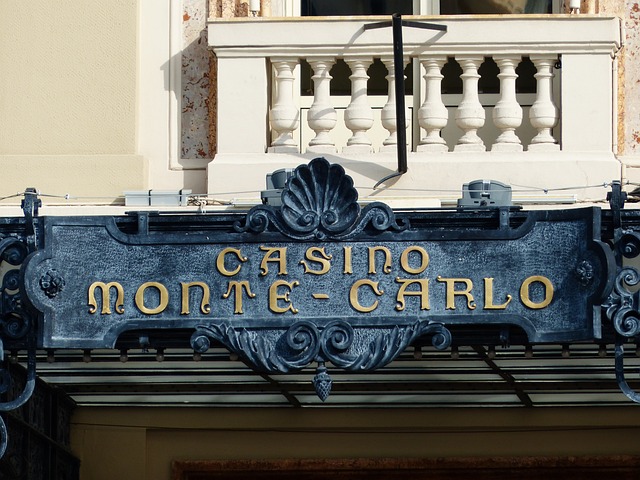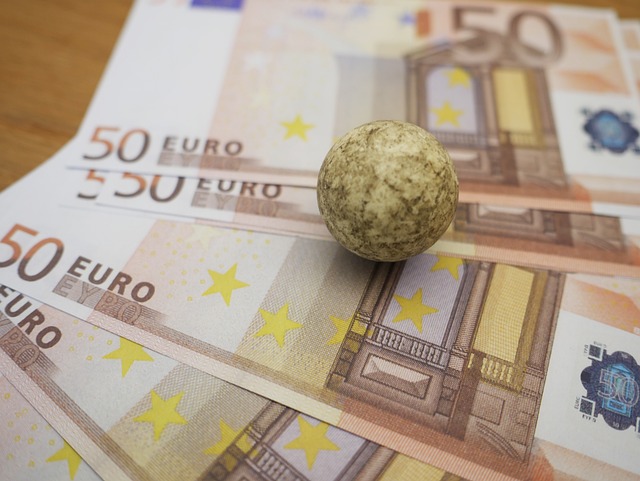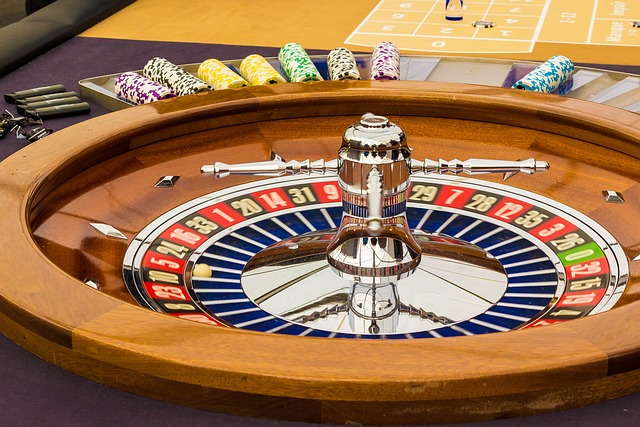
Considerations for Casino Marketing by Influencers when the Audience Includes Minors
Casino promotion by influencers is a growing practice on all recognized platforms today. However, a delicate issue arises when these influencers have among their followers an audience of minors. Promoting gambling to minors is not only ethically problematic, but can also have serious legal implications.
The Popularity of Influencers
Digital influencers have a vast and diverse reach. It is not uncommon for their audience to include children and teenagers. Platforms such as Instagram, TikTok and YouTube are particularly popular with young audiences. On these platforms, influencers shape opinions and behaviors. This makes them attractive partners for brands, including online casinos. Risks of Exposure to Minors
The exposure of minors to gambling content is a significant problem for several reasons:
- Vulnerability: Children and adolescents are more vulnerable to risky behaviors. They are not mature enough to understand the consequences of gambling.
- Development of Addictions: Early exposure to gambling can lead to the development of addictive behaviors, which can persist into adulthood.
- Undue Influence: Young followers may be influenced to try gambling when they see their favorite influencers participating in and promoting these activities.
Legal Implications
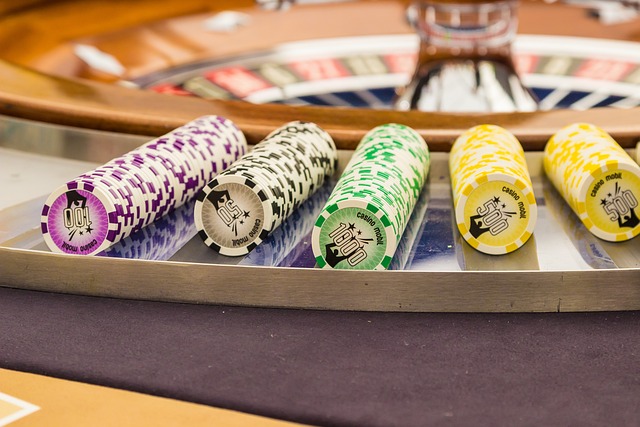
Promoting gambling to minors is illegal in many countries. As a result, it can result in serious legal penalties for both casinos and influencers. Regulations vary, but most countries have strict laws prohibiting the advertising of gambling to minors.
United States
In the United States, the Federal Trade Commission (FTC) sets strict guidelines on the promotion of products and services to minors. Failure to comply with these guidelines can result in substantial fines and legal action. Additionally, state laws also regulate gambling advertising, often in even more restrictive ways.
European Union
In the European Union, the Unfair Commercial Practices Directive requires that gambling advertising be clearly labeled and not targeted at minors. Countries such as the United Kingdom have additional regulations that explicitly prohibit the promotion of gambling to minors.
Brazil
In Brazil, gambling advertising is heavily regulated by the National Council for Advertising Self-Regulation (CONAR). The promotion of gambling to minors is prohibited. Influencers who violate these rules can face severe penalties.
Best Practices for Influencers
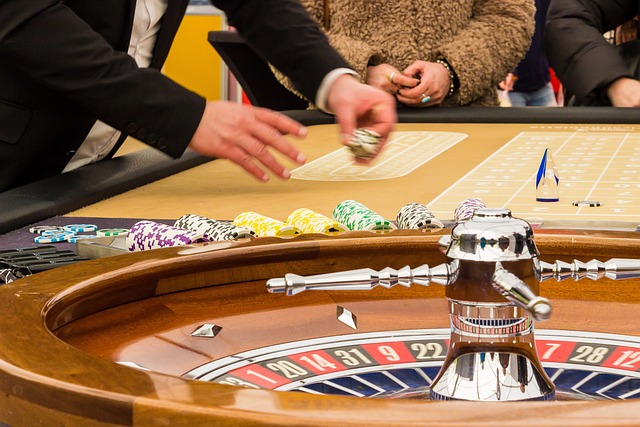
To avoid legal trouble and protect their underage followers, influencers should adopt several best practices:
- Know Your Audience: Use analytics tools to understand the demographics of your followers. If a significant portion of your audience is underage, avoid promoting gambling. Clear Disclosure: Always clearly disclose when content is sponsored by a casino. Use notices and disclaimers that state that gambling for minors is prohibited.
- Education and Awareness: Educate your followers about the risks of gambling and promote responsible gaming practices.
- Work with Ethical Brands: Choose to work with casinos that have strong social responsibility policies and do not target minors in their advertising campaigns.
Consequences of Non-Compliance
Influencers who promote gambling to minors can face serious consequences:
- Fines and Penalties: Governments and regulatory agencies can impose substantial fines.
- Legal Action: Influencers can be sued for promoting content that is inappropriate for minors.
- Reputational Damage: Irresponsible promotion can lead to the loss of followers and future partnership opportunities.
- Termination of Contracts: Companies can terminate contracts with influencers who do not comply with regulations, resulting in loss of revenue.
Warning!
Online casino influencer marketing is a complex area. The ethical and legal responsibilities are significant, and failure to comply can have serious consequences. Influencers must be vigilant in their promotional practices, ensuring that they do not expose young followers to the risks of gambling.
